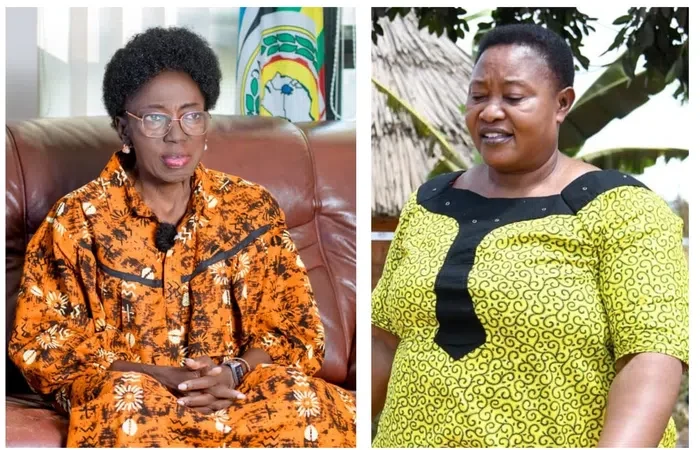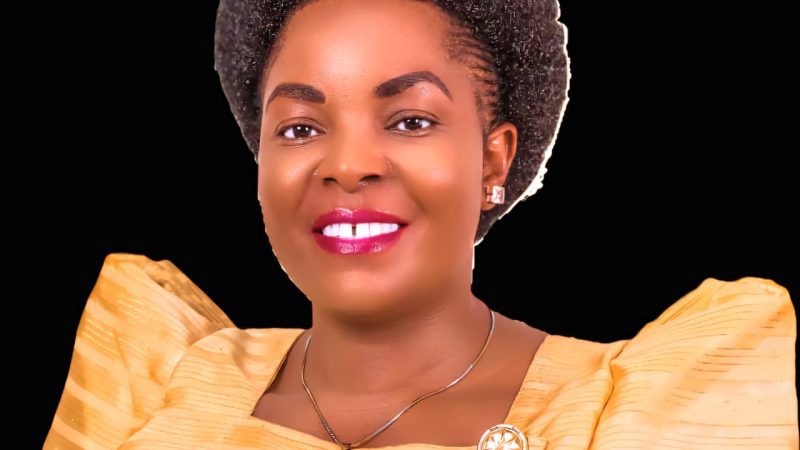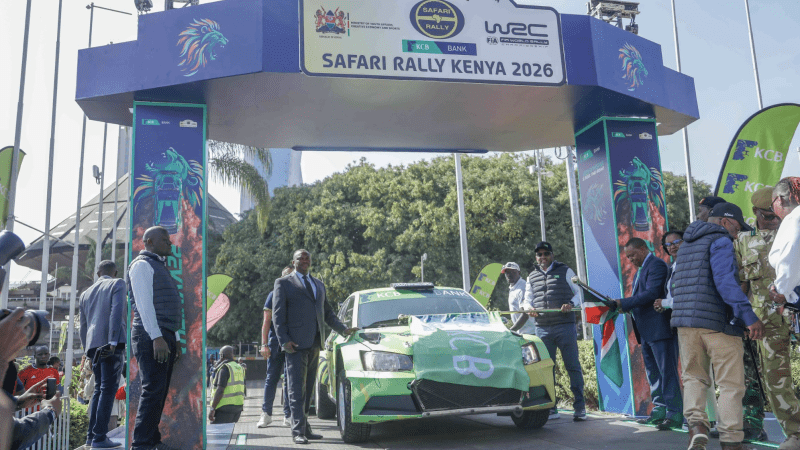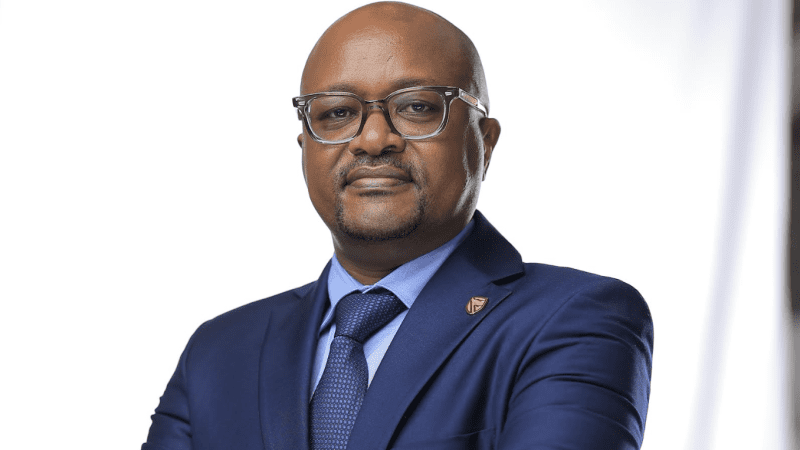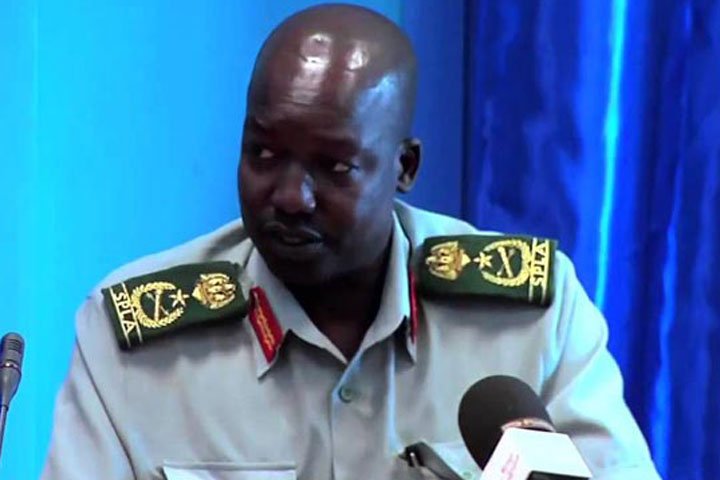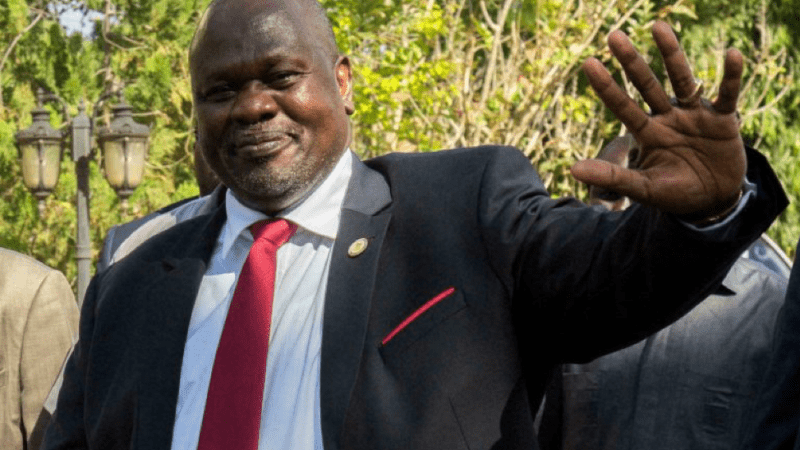The Chairman and Commander-in-Chief of the rebel National Salvation Front/Army (NAS), Gen. Thomas Cirillo Swaka, on Sunday, said his outfit and other opposition groups that did not sign the 2018 revitalized peace agreement were justified because the deal was flawed.
In a statement to commemorate South Sudan’s twelfth Independence Day anniversary, the rebel leader said the agreement did not tackle the root causes of the conflict in South Sudan.
“NAS’ refusal to sign the 2018 Revitalized Agreement on the Resolution of Conflict in South Sudan (R-ARCSS) has been vindicated beyond reasonable doubt, five years down the road. We maintain that the agreement is flawed because it did not address the root causes of the conflict in the country,” he wrote.
“NAS correctly saw the agreement as that of sharing power and resources between South Sudan political elite and interest groups in the region, rather than an opportunity to address the root causes of the problem in the new country.”
“The parties to the R-ARCSS even failed to implement their own flawed agreement by the February 2023 deadline due to lack of political will,” Gen. Cirillo added.
According to the rebel leader, the South Sudan Catholic Bishops affirmed this in their letter and urgent call for peace in late June when they said “The R-ARCSS has not resolved the root causes of the conflicts in South Sudan but has merely created a mechanism where the elite can find a way of existing in an uneasy partnership at the expense of the ordinary people.”
The Catholic Bishops said the process was flawed and that “there will never be peace in South Sudan as long as the international community insists on this type of model.”
Gen. Cirillo said the agreement has failed to deliver peace and stability and that insecurity is prevalent because the SSPDF is dominated by one ethnic group with the goal of promoting a tribal agenda.
“This situation has led to 2.3 million internally displaced persons (IDPs) and 44,000 people in UN Protection of Civilian (POC) sites not feeling secure in the country, preferring to stay in the camps; and a further 2.3 million refugees,” he said. “Around 40 percent of the country’s population are either displaced or refugees.”
According to the NAS chief, the regime in Juba has rejected the Roundtable Conference initiated by the Non-signatory South Sudan Opposition Groups (NSSOG) and the National Consensus Forum (NCF).
“The Roundtable Conference is an inclusive initiative that would bring all South Sudanese together to resolve the root causes of the conflict in the country and achieve sustainable peace. The regime’s strategy for ending the conflict is by means of bribing the opposition groups so that they join the failed R-ARCSS process and by pursuing military means,” Gen. Cirillo said. “NAS, along with its partners in the (NCF), remain firm in their resolve to reject the current failed R-ARCSS and the associated two-year extension of the Transitional Government.”
“We are working together with our partners in the NCF consisting of political groups, civil society, faith-based groups, professionals and academics, youth, and women groups, to address the root causes of the conflict in South Sudan and to achieve sustainable peace through an inclusive Roundtable Conference,” Cirillo added.
He said it is not surprising that the Juba regime is bent on carrying out sham elections in December 2024 to accord itself some legitimacy and continue with the status quo.
“NAS holds the position that under the current regime of President Kiir, there will never be any credible, free, and fair election in South Sudan as the necessary environment for election is not in place,” the message said. “Furthermore, there are widespread communal conflicts in the country. With this grim picture, holding any election will deprive citizens of the country, who are currently displaced or refugees, of their democratic rights. Even the UN official in South Sudan concluded that the environment for credible, free, and fair election is not there in South Sudan.”
Gen. Cirillo faulted the SPLM Party for prematurely holding staged pre-election activities in several parts of the country.
“NAS holds the position that an election is a democratic tool for leadership transition but not a mechanism for conflict resolution. An election can never address the current governance and insecurity crisis, economic challenges, rampant corruption, and, above all, lack of political will of the SPLM ruling elite,” he charged. “NAS, therefore, rejects and condemns the Juba regime’s tactic to maintain the status quo through sham election.”
“The leadership of NAS urges the people of South Sudan to be united, resilient and continue to resist the tyrannical, divisive, and corrupt regime of Salva Kiir using all means of the struggle both inside and outside the country,” Cirillo concluded.


